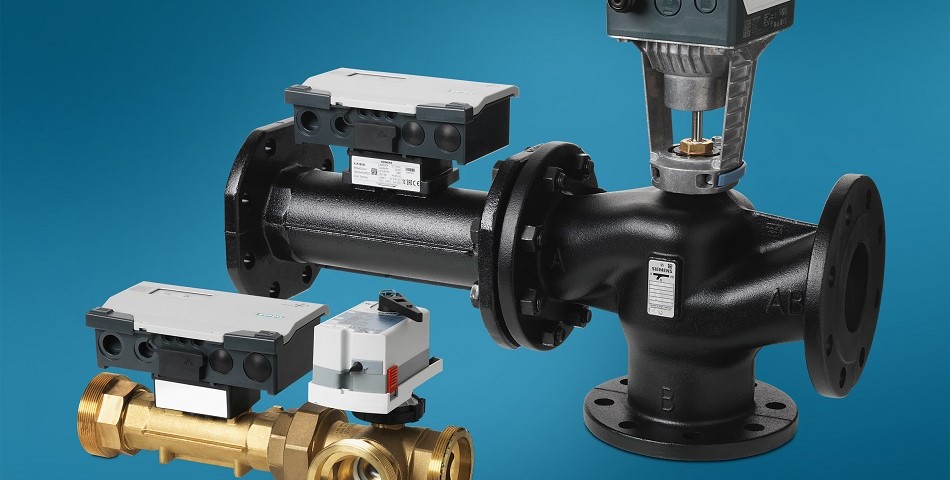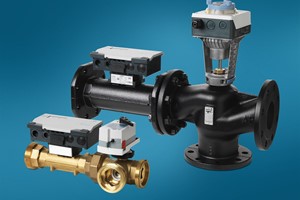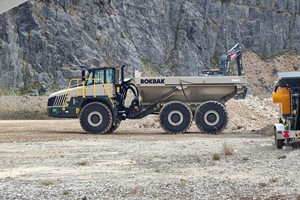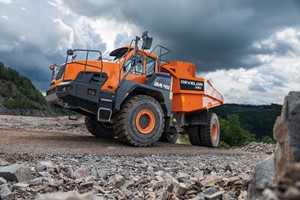The self-optimizing and dynamic Intelligent Valve from Siemens Smart Infrastructure has become more versatile, thanks to new features and applications for heating groups and air handling units. The device controls the flow, measures temperature and output and automatically adjusts the valve settings to the heat exchanger. The Intelligent Valve is connected to the cloud and now, for the first time, directly integrated into Building Operator, the Siemens cloud application for the remote monitoring of buildings. This makes it possible to control the Intelligent Valve and adjust its settings anytime and anywhere. For increased flexibility, the product range has been expanded to include 3-port valves, which allow variable-temperature and constant-flow control of the water supply (mixed circuits). New features such as Delta-T (DT) limitation control, differential pressure and flow temperature control ensure smooth and energy-efficient HVAC plant operation and enable the Intelligent Valve to be used in even more applications.
WLAN connection for more flexibility
The Intelligent Valve can be commissioned automatically, quickly and safely. The required settings can be downloaded into the Siemens ABT Go app and from there to each valve via wireless LAN. It offers remote access via BACnet-IP using the Siemens ABT Site commissioning tool or via the Internet using the Building Operator app. Thanks to its cloud connection and firmware updates, the Intelligent Valve can automatically update itself when needed, ensuring its running on the latest version at all times. If the valve registers irregular values, an alarm is triggered in the Building Operator app. In addition, this Siemens cloud app allows users to check the values and create energy reports for documentation purposes.
Efficiency boost during operation
Functionality and usability enhancements make the Intelligent Valve even more efficient. As a 3-port valve, it can now be used in mixed circuits, which offer easy hydronic balancing and require only minimal investments due to the absence of a main pump in the source circuit. A new differential pressure control counteracts pressure fluctuations in zones. In older plants, this allows dynamic hydronic balancing to be upgraded quickly and easily without having to replace all the valves, thus expanding the scope of application of the Intelligent Valve. In new plants, the zones equipped with differential pressure control offer optimized operating conditions for the valves. Using newly-added flow temperature controls and weather-compensated heating circuits, the Intelligent Valve performs automation level tasks and reduces the load on or even eliminates the need for comfort controllers. By reducing the load on comfort controllers, the Intelligent Valve allows more complex plants to be installed at lower investment costs. In situations where comfort controllers are replaced altogether, the Intelligent Valve can perform simple control tasks. Newly available spacers for the Intelligent Valve ensure improved insulation, for instance, for the flow sensor in cooling applications.














